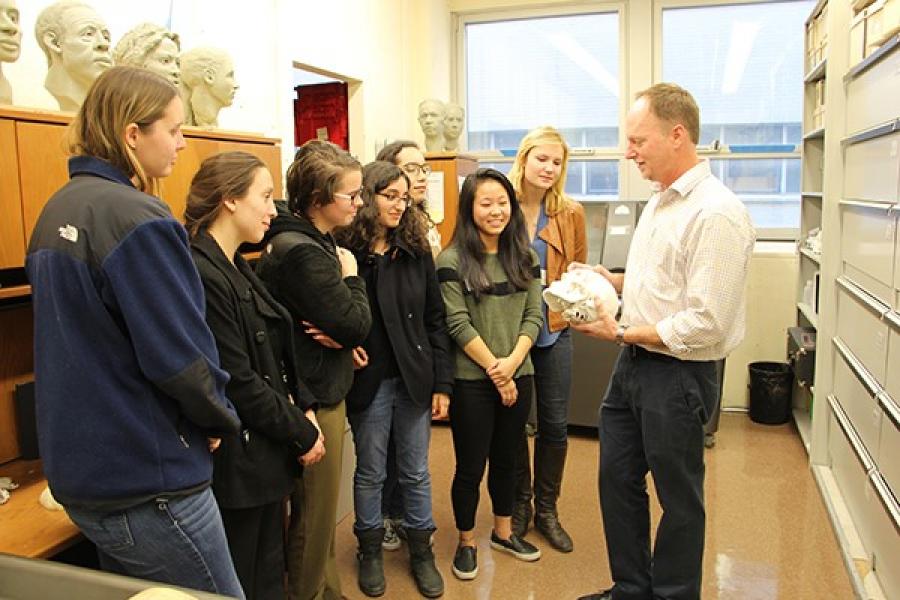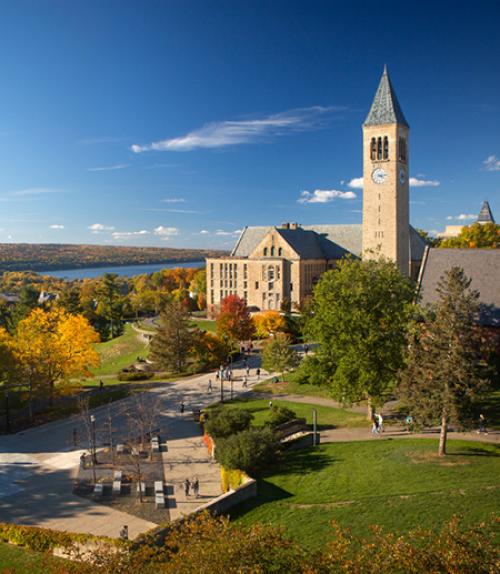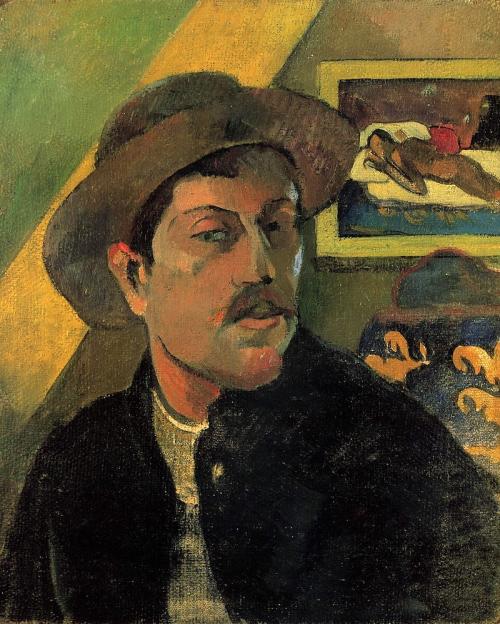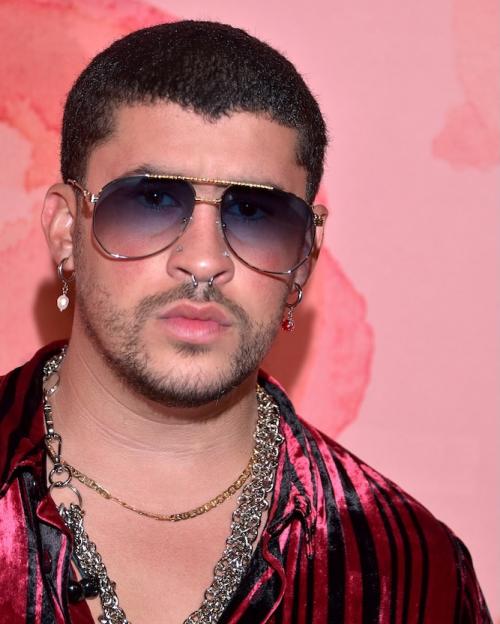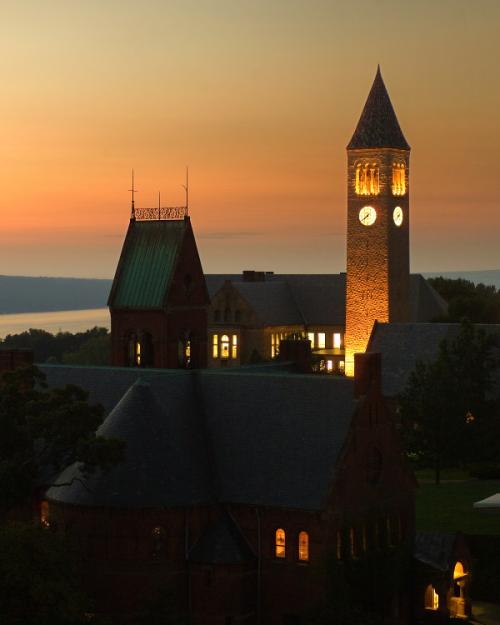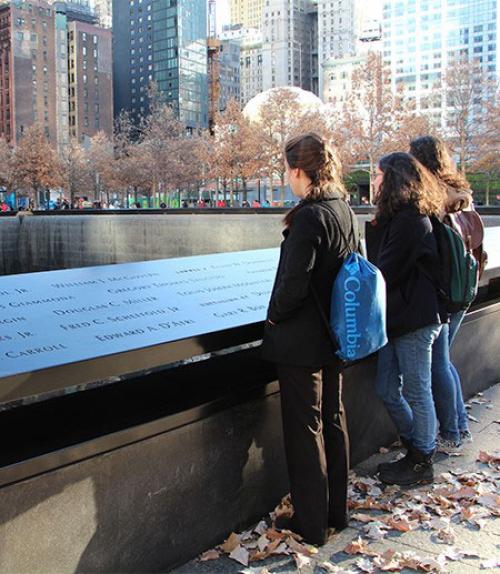The forensic methods taught in Matthew Velasco's lab-based Human Osteology course can apply both to archaeological studies as well as contemporary forensic investigations. Human bones, said Velasco, are virtually the same no matter how long they’ve been buried. In early December, Velasco took his students to New York City to engage with practitioners in the field of forensic anthropology and to see how the methods are employed in the modern world.
“The field trip evolved into a learning experience that more deeply engaged the real-world impacts and ethical challenges that surround applied forensic anthropological work,” said Velasco, assistant professor of anthropology.
Before embarking on the trip, students attended a lecture by Dr. Jay Aronson, “Who Owns the Dead? The Science and Politics of Death at Ground Zero.” He discussed issues relating to the proper treatment, curation, and memorialization of the human remains of those who perished on 9/11 at the World Trade Center.
“Since the Office of Chief Medical Examiner in New York City was both professionally involved in -- and personally affected by -- the recovery efforts, this was a very appropriate, if haunting, prologue to our field trip,” said Velasco.
Dr. Bradley Adams shows students the 3D printed skull of a well known forensic anthropologist.. Note: No actual human skeletal remains are represented in the photo.
Dr. Bradley Adams, Director of Forensic Anthropology, served as the Cornell group’s host at the Office of Chief Medical Examiner. Adams talked through several ongoing forensic cases and showed students the human remains associated with them, giving the students an opportunity to apply their osteological knowledge to actual casework. Adams also gave a demonstration of the office’s 3D printer, and showed how printed skulls can be used as the basis for forensic facial reconstruction.
“Our final stop in New York City was the 9/11 Memorial & Museum, bringing the experience full circle,” said Velasco. “The day was a very memorable and affecting experience for the students.”
The trip was made possible by an Engaged Cornell grant and the Department of Anthropology
